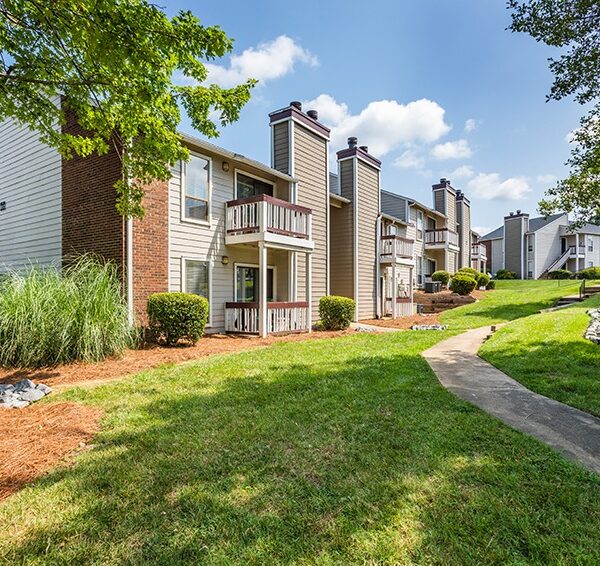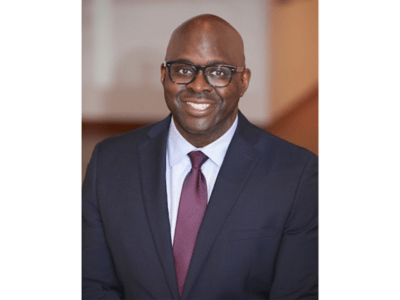Better data on homelessness can lead to better ways to solve it. That’s what’s happening in Charlotte.
As part of the Built for Zero movement to solve homelessness, the team in Mecklenburg County, North Carolina, set a big goal: reaching functional zero for veteran homelessness.
As part of this effort, they committed to collecting better data on exactly who was experiencing homelessness. From this data, all the agencies met and came up with solutions to meet each person’s needs.
Through this approach, the community has successfully reduced veteran homelessness by 25% from 2018 to 2023. But they noticed something alarming in their data: there was a large group of veterans in their community who had a rental subsidy, but remained homeless.
“Very often, people on Charlotte-Mecklenburg’s “By-Name” list of persons experiencing homelessness are approved for rental assistance or a voucher, but can’t find a unit because of price or tenant selection criteria,” explains Karen Pelletier, Division Director of the Mecklenburg County Community Support Services.
Without an available home for these veterans, they remain unhoused.
But now the Charlotte team has a new solution.
Housing to help solve homelessness
The Charlotte homeless response team partnered with Community Solutions to purchase The Park at Ferentino, a 216-unit apartment building. Half of the homes will be dedicated to veterans exiting homelessness; the other half will be leased as affordable homes.
Crucially, this property will be linked directly to Charlotte’s homeless response system. That means as soon as a unit becomes vacant, they’ll be able to work to fill it with a veteran with a rental subsidy.
“By having a coordinated system and real-time, by-name data, they are able to know exactly what is needed to solve veteran homelessness, and this property is one piece of that journey,” said Kally Canfield, Charlotte’s Built for Zero System Improvement Advisor.

“More options in the market will help our clients that are approved for rental assistance and will improve the overall system.”
— Karen Pelletier, Division Director of the Mecklenburg County Community Support Services
Housing innovation
This isn’t just happening in Charlotte.
Community Solutions has been partnering with select large cities in the Built for Zero movement to create similar housing, designed to connect affordable apartments to people exiting homelessness.
“In the course of working toward zero, many communities — particularly large cities with tight housing markets — are also needing the means to create permanently affordable housing in a way that is faster and more adaptable than many traditional approaches allow,” said Dave Foster, Manager of the Community Solutions Large Cities Housing Fund.
Rather than building housing using low-income tax credits, which can take years to create, the nonprofit is buying existing properties using financing from social impact investors. This allows them to create housing for people experiencing homelessness much more quickly than traditional methods.
“Thanks to this social impact investment model, we will be able to help many large cities accelerate their progress, while continuing to scale a model that offers cities across the country a way to crack this critical challenge for ending homelessness,” Foster said.
Community Solutions has used this method to create housing for people exiting homelessness in other Built for Zero cities including Denver, Santa Fe, and Nashville.
This property is intended to help further Charlotte’s work toward solving veteran homelessness.
“Strategic efforts such as this will help ensure that homelessness is a brief circumstance for residents in our community,” Pelletier said. “More options in the market will help our clients that are approved for rental assistance and will improve the overall system.”
Help support Charlotte’s work
In order to solve veteran homelessness, Charlotte’s homeless response needs more homes for veterans.
Landlords interested in renting to veterans can email the Charlotte-Mecklenburg Continuum of Care at charmeckcoc@mecknc.gov.





